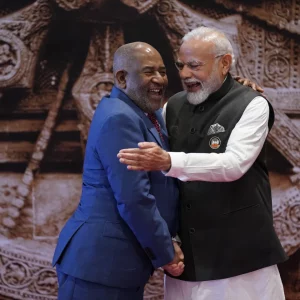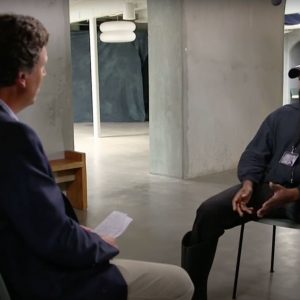Greg Hardy, the embattled defensive end for the Dallas Cowboys, has become another glaring symbol of the National Football League’s (NFL) failures to effectively combat domestic violence by its own players.
Originally, Hardy was convicted of domestic violence against his ex-girlfriend, Nicole Holder, but he appealed the decision, and the case was dropped after Holder did not show up in court for the appeal hearing after receiving a settlement from Hardy. About two weeks ago, Deadspin released photos of Hardy’s ex-girlfriend severely beaten and bruised all over her body, providing graphic evidence that was hard for many to ignore. However, Hardy was already playing again after serving a four game suspension. Hardy seems to show no remorse, as he continues to make misogynistic comments and continually proves himself to be a distraction on the field. It seems like his time with the Cowboys may be short for the latter reason only, as he becomes a liability for football-related reasons, such as being late to meetings and getting into shoving matches with coaches during games.
Though Hardy is the latest example, he is not the only one. Ray Rice seems to have become the chosen symbol of how the NFL will not tolerate domestic violence anymore. He effectively lost his career after being accused of domestic violence against his ex-fiancee, Janay Rice, as he was indefinitely suspended and then never picked up by a team. However, the NFL did not come to this decision without outside pressure. Rice was originally only given a two game suspension, but then video evidence of him beating Janay and dragging her out of an elevator was released. The NFL then had no choice but to act.
Largely due to the NFL’s incoherent domestic violence policies, Major League Baseball (MLB) instituted a new joint policy of punishment for domestic abuse, sexual assault, and child abuse. The new policy adopted in August gives power to new Commissioner Rob Manfred to discipline players how he chooses, regardless of how previous cases were handled and places no limit on sanctions. It will also be overseen by a three person arbitration panel made up of representatives from the league, the players’ association, and an independent arbitrator. This policy will be tried for the first time with a big star, shortstop Jose Reyes of the Colorado Rockies, who was accused of assaulting his wife in a hotel room in Hawaii. The precedent set by NFL Commissioner Roger Goodell, who handed out the relatively short suspensions to Hardy and Rice, and previous MLB commissioner, Bud Selig, who did not hand out a single punishment, leaves a lot to be desired, so Manfred has a chance to make a real statement about zero tolerance.
When the NFL has such as big fanbase, including many impressionable children, and generates as much money as it does (last year they made $1 billion in pure profit), any statement they make or do not make is bound to be political in nature. If the league fights back against the culture of unaccountability in domestic violence cases, their all-time high TV ratings could be used to fundamentally change how society sees and reacts to these sorts of crimes, bringing them out of the shadows. In essence, they would send the message that just because you are a powerful football player does not mean that you are exempt from these standards of acceptable conduct.
Thus, the NFL’s embrace of women must go further than just having players wear pink for breast cancer awareness . It has to extend to raising awareness about the other problems, like domestic violence, that disproportionately affect their growing female fan base, as 1 in 3 women have been the victims of some form of physical violence by an intimate partner over their lifetime, as have 1 in 4 men. This starts by having zero tolerance for those who are accused of such an act, something where they can hopefully follow the MLB’s example.





Be First to Comment